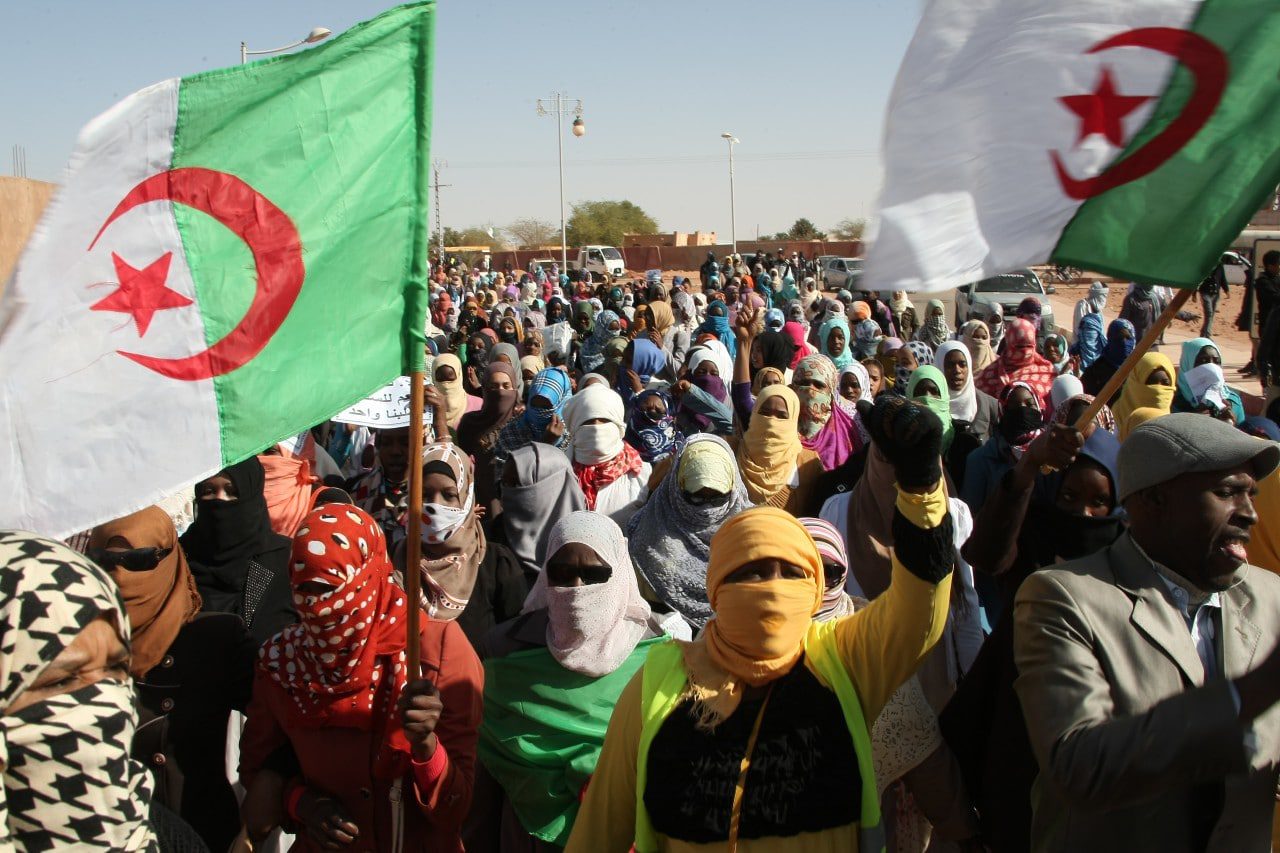
In a region plagued by increasing political instability, Algeria is often seen as an oasis of relative calm. However, a number of internal and external challenges, including security threats, plunging oil prices and surging domestic energy demand, is forcing the Algerian government to reconsider its economic policy.
A leading African producer of oil and natural gas, Algeria is a petrostate par excellence. As of 2014, hydrocarbon revenues made up 30% of GDP, 95% of exports and 60% of budget revenues. This dependence on a single revenue stream makes the country extremely susceptible to shocks in the oil market. Indeed, the 1986 global oil price collapse combined with poor hydrocarbon policy choices at home, led to a national economic crisis and the Algerian version of the Arab Spring ”in October 1988. Almost three decades later, Algerian policymakers are still reluctant to diversify away from hydrocarbons, curb public spending, particularly on subsidies, and protect the economy from future shocks.
This reluctance is due in large part to the fact that Algeria’s political, and hence economic, stability relies heavily on subsidies. Although official figures are hard to find, specialists estimate that the government spends an average of 30% of GDP on subsidies. It is hardly surprising then that the Consumer Price Index 2015 ranked Algeria the fifth cheapest country in the world to live in. The domestic price of gas is ten times less than its export price, making the fuel one of the cheapest in the MENA region. Moreover, residents of Algeria, regardless of their nationality or income, benefit from most of the subsidies, including on health care, education, consumer goods and energy.
In April 2015, the International Monetary Fund (IMF) published a report detailing its projections for the world economy. The report predicted that growth in Algeria would fall from 4.1% in 2014 to 2.6% in 2015, while unemployment would rise from 10.6% in 2014 to 11.8% in 2015. The projections are based on the country’s fiscal and external vulnerabilities, which the report says have been exacerbated by the slump in oil prices.
Unluckily for Algeria, regional instability and growing security concerns is forcing the country to spend more on national security programmes. The spill over of instability, with the possible associated influx of refugees, illegal immigration and arms trafficking, also pose a threat. Securing its 4,000km-long border has cost the government a considerable portion of the $20 billion budget allocated in 2015 to the ministries of defence and interior.
Moreover, Algeria’s state-owned oil company, Sonatrach, has lost hundreds of millions of dollars on investments made in countries such as Libya, Mauritania, Niger, Mali and Tunisia where projects have been frozen for security reasons. Financial or military support for a number of these countries has further strained Algeria’s budget.
Domestically, soaring energy demand saw the government update its hydrocarbon policy in 2012, paving the way for shale gas fracking operations to start in 2013. The move was met with a wave of protests, which began just days after a national broadcast announced a successful test drill near the small southern town of Ain Saleh. Algeria holds the world’s third-largest shale gas reserves. However, residents of Ain Saleh opposed the drilling over fears of environmental damage, particularly contamination of groundwater sources. The protests in the south soon became a national movement, backed by a coalition of major opposition leaders eager to shake up the ruling regime. Under the umbrella of the National Coordination for Liberties and Democratic Transition, the coalition is calling for political change and an end to the rule of President Abdelaziz Bouteflika, who was re-elected in April to his fourth consecutive term.
In another attempt to shore up its finances, senior Algerian politicians and business leaders participated in several investment events inside and outside the country, signing multi-billion-dollar investment deals. In the past few months, President Bouteflika has met with various senior leaders and heads of states to discuss bilateral, mainly economic, cooperation. In a surprise cabinet reshuffle on 14 May, he also replaced the interior and energy ministers, apparently for their shortcomings in managing the aforementioned issues.
Despite the challenges, the Ministry of Finance favoured a policy of rational spending instead of austerity when it came to spending cuts. The complementary finance law meant to make such a policy official is yet to be discussed, however. All Algerian ministries are now required to inform the Ministry of Finance of their spending and justify it. Funding has also been recalled from a number of small and non-strategic ministerial projects, and a new law to reduce imports has streamlined the list of permissible import goods and rationalized the import of others. In addition, the prime minister announced campaigns to tackle corruption and fraud, namely in import transactions and money transfers, which cost the country colossal amounts of money each year.


